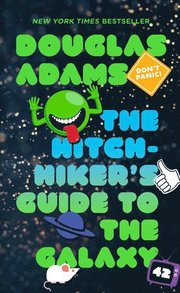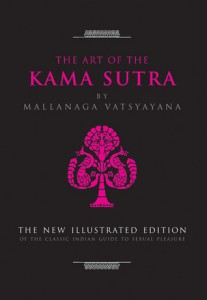
source: Wikipedia (link)
Introductory passage
It was on Sunday, the 24th of May, 1863, that my uncle, Professor Lidenbrock, came rushing suddenly to his little house in the old part of Hamburg, No. 19, Königstrasse.
Our good Martha could not but think she was very much behindhand with the dinner, for the pot was scarcely beginning to simmer, and I said to myself:
”Now, then, we’ll have a fine outcry if my uncle is hungry, for he is the most impatient of mortals.”
***
This was my first read by Jules Verne – someone I’ve been meaning to read for quite a few years but never really got around to. A journey to the center of the earth is a story of Axel and his uncle, Professor Lidenbrock, as they stumble upon a piece of paper that takes them on a breathtaking story under the earths’ crust.
***
I found Jules’ way of writing sometimes dry, especially when it comes to describing the mineralogy and other scientific areas. At the same time, it is rejuvinating to see that Jules Verne was one of the very first Science Fiction writers, and thus started a whole new genre of books – combining novels with science. To sum it up I liked very much the first half of the book… but then it felt like he cramped too much into too little space, one didn’t really have time to breath and process one event before the next… which in the end, made my impression less than it might have been.
***
One thing, that you can’t deny, is with what enthusiasm he writes – and also puts into his protagnist Axel – who is also the storyteller:
”How well I knew all these bits of mineralogical science! How many times, instead of enjoying the company of boys my own age, had I enjoyed dusting these graphites, anthracites, coals, lignites, and peats! And the bitumens, resins, organic salts that needed to be protected from the least atom of dust! And these metals, from iron to gold, whose current value disappeared in the absolute equality of scientific specimens! And all these stones ,enough to rebuild the house in Königstrasse, even with a handsome addional room, which would have suited me admirably!”
This, passage, to me, says a lot of my perception of early writers of novels and science both. The era where people were multi-knowledgeable in many different areas, and not just single-focused like many of us today.
***
Notable passages
- Armed with his hammer, his steel pointer, his magnetic needles, his blowpipe, and his bottle of nitric acid, he was a very powerful man.
- But that man was unable to wait, and nature herself was too slow for him.
- Was I to believe him in earnest in his intention to penetrate to the center of this massive globe? Had I been listening to the mad speculations of a lunatic, or to the scientific conclusions of a great genius? In all this, were did truth stop? Where did error begin?
- Ah! women, girls, how incomprehensible are your feminine hearts!
- ”Science, my boy, is built on errors, but errors which it’s good to commit because they gradually lead to the truth.”












